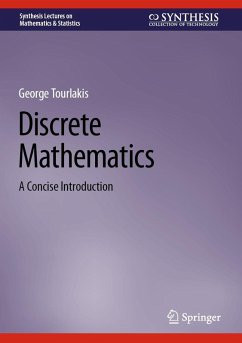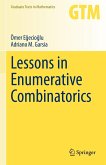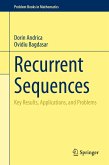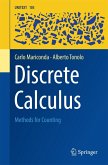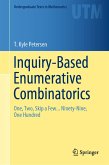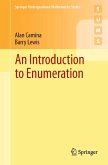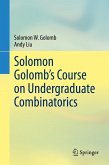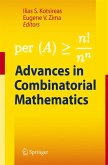This book is ideal for a first or second year discrete mathematics course for mathematics, engineering, and computer science majors. The author has extensively class-tested early conceptions of the book over the years and supplements mathematical arguments with informal discussions to aid readers in understanding the presented topics. "Safe" - that is, paradox-free - informal set theory is introduced following on the heels of Russell's Paradox as well as the topics of finite, countable, and uncountable sets with an exposition and use of Cantor's diagonalisation technique. Predicate logic "for the user" is introduced along with axioms and rules and extensive examples. Partial orders and the minimal condition are studied in detail with the latter shown to be equivalent to the induction principle. Mathematical induction is illustrated with several examples and is followed by a thorough exposition of inductive definitions of functions and sets. Techniques for solving recurrence relations including generating functions, the O- and o-notations, and trees are provided. Over 200 end of chapter exercises are included to further aid in the understanding and applications of discrete mathematics.
In addition, this book:
In addition, this book:
- Provides a concise but mathematically rigorous and correct approach with examples and exercises to help readers understand key definitions and theorems;
- Features careful attention to current mathematical terminology, mathematical techniques, and results;
- Presents coverage of equivalence and order relations, minimal condition, and inductive definitions of functions and sets.
Dieser Download kann aus rechtlichen Gründen nur mit Rechnungsadresse in A, B, BG, CY, CZ, D, DK, EW, E, FIN, F, GR, HR, H, IRL, I, LT, L, LR, M, NL, PL, P, R, S, SLO, SK ausgeliefert werden.

